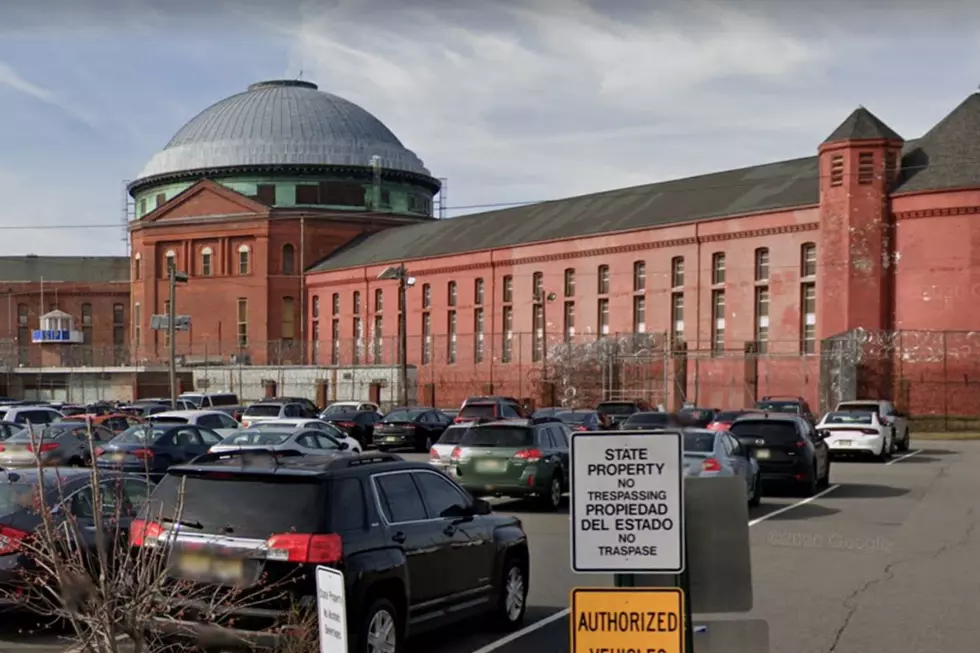
McGreevey: What NJ Can Do To Make Prisoner Re-entry Effective, Affordable
JERSEY CITY — A report from the nonprofit New Jersey Reentry Corporation recommends ways the state can keep ex-convicts from turning back to a life of crime as well as reduce spending on prisons.
The report's findings have a backer in former Gov. Jim McGreevey, chairman of the NJRC board and director of the Jersey City Employment and Training Program. For more than a decade, McGreevey has focused much of his efforts on the reintegration process for those who have passed through the criminal justice system.
"The thing that we have to recognize is how tough it is for someone coming back from prison after five years, let alone 15 or 20 years, to try to make sense of the world," McGreevey said, adding that all a person has upon release is a Department of Corrections ID. Without essentials like a credit card, Social Security card, or even a birth certificate, re-obtaining a driver's license, housing, employment, and health care can be near impossible.
For McGreevey, much of the problem lies within New Jersey's seemingly ever-widening opioid epidemic, given the understanding that drug addiction often drives criminal behavior. And he said the dynamics of that crisis have changed, from an urban issue to a primarily suburban one, with more dangerous drugs on the streets than ever before.
"What's happening is that the devil that we're confronting in terms of addiction is constantly growing stronger and worse, and so that means that we need to be in the forefront" of things like medication-assisted treatment, McGreevey said.
He believes that the best way to reduce recidivism is working in concert with the State Parole Board to establish, as the NJRC report recommended, dedicated re-entry sites for each county in New Jersey. Through those locations, people reintegrating into life outside prison can gain easier access to job skill services and businesses in their home areas.
"If somebody doesn't have the ability, doesn't have these support services, they're going to go back to committing crime, and they're going to go back to prison, which has a very expensive cost on all of us in New Jersey and across the nation," McGreevey said.
How expensive? About $1 million in taxpayer dollars for every 20 years a convict spends in prison, according to the ex-governor.
"When you look at the cost of a prison cell, at $55,000 a year, we can do so much more with enhancing parole and re-entry services," he said.
The four measures recommended in the report:
- The creation of re-entry facilities to serve each of New Jersey's 21 counties;
- Utilizing savings in reduced correctional spending to increase parole jurisdiction and funding;
- The restructuring of Community Resource Centers, formerly known as Day Reporting Centers;
- Integration of re-entry services with local, state, and federal corrections systems, as well as integrating existing state benefits systems, such as the Division of Vocational Rehabilitation Services, general assistance/emergency assistance, and supportive housing programs.
You can read the full report here.
More From WPG Talk Radio 95.5 FM










